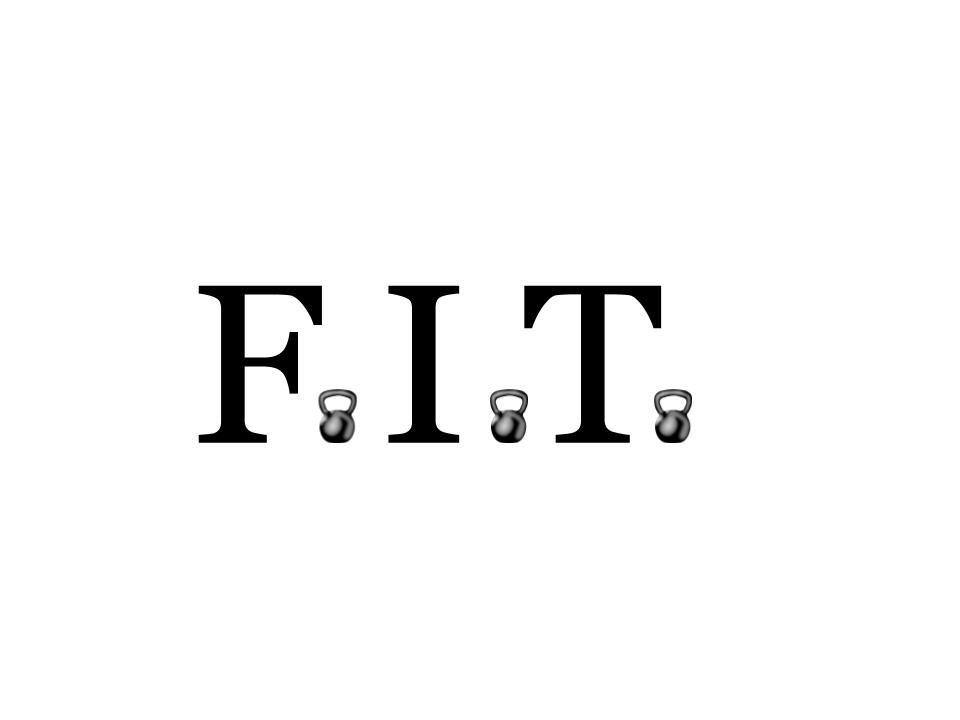Move Your Body, Mend Your Mind: The Powerful Link Between Exercise and Depression Relief
Struggling with depression? Physical movement is a powerful, science-backed treatment. Exercise boosts mood-lifting brain chemicals, reduces inflammation, and helps your brain build resilience against negative thought patterns. You don't need an intense workout—even a short walk can make a meaningful difference. Start small to move your body and mend your mind.

When you're in the grip of depression, everything can feel heavy. It’s like you’re trying to move through thick mud, where even the smallest tasks seem monumental. The motivation to get up, let alone get active, can feel impossibly out of reach. But what if I told you that one of the most effective, science-backed tools for lifting that weight is movement itself?
My name is Steve, and as a Licensed Clinical Social Worker, Certified Personal Trainer, and Certified Nutrition Coach, I founded Functionally Integrative Therapy (F.I.T.) on a core belief: mental and physical health are not separate—they are deeply intertwined. Today, I want to explore the powerful, proven connection between physical movement and its role as a treatment for depression.
More Than Just a "Distraction": The Science of How Movement Heals.
For a long time, exercise was seen as a helpful add-on to traditional therapy and medication—a good way to "blow off steam." But a growing body of research shows it’s much more than that. Physical activity can trigger profound changes in the brain, acting on the very same pathways that antidepressant medications do.
Here’s a look at the science.
1. The Neurochemical Cocktail: You’ve probably heard of the "runner's high," the feeling of euphoria that can follow a vigorous workout. This is often attributed to endorphins, which are the body's natural opioids. They act as analgesics, diminishing the perception of pain, and as sedatives. But the benefits go deeper.
Exercise also boosts the activity of key neurotransmitters like serotonin, dopamine, and norepinephrine. These are the brain's "feel-good" chemicals responsible for regulating mood, motivation, and feelings of pleasure and well-being. A 2021 systematic review published in the British Journal of Sports Medicine affirmed that physical activity is an effective treatment for major depressive disorder, highlighting these powerful neurobiological effects.
2. Rewiring the Brain for Resilience: Depression isn't just a chemical imbalance; it can also affect the structure and function of the brain. Chronic stress and depression have been shown to shrink the hippocampus, a brain region critical for learning, memory, and mood regulation.
Here's the hopeful part: exercise promotes neurogenesis—the creation of new brain cells—in the hippocampus. It also increases connections between nerve cells, which helps the brain become more "plastic" and resilient, breaking free from the rigid, negative thought patterns that are a hallmark of depression (Harvard Health Publishing, 2021). Think of it as literally building a stronger, more flexible brain.
3. Reducing Inflammation: Emerging research is uncovering a strong link between chronic inflammation in the body and depression. A study in the journal Cerebrum found that patients with depression often have higher levels of inflammatory markers. Regular, moderate exercise has a powerful anti-inflammatory effect, helping to calm this systemic response and, in turn, alleviate depressive symptoms.
Beyond the Biology: The Psychological Power of Movement.
The benefits of exercise extend beyond brain chemistry. The very act of moving your body provides profound psychological advantages that directly counter the feelings of helplessness and worthlessness that accompany depression.
A Sense of Agency and Mastery: Depression often robs you of your sense of control. Choosing to go for a walk, completing a workout, or even just doing a few stretches is a powerful act of self-care. It’s you, taking charge. Each small victory builds self-efficacy and proves that you are capable of positive action.
Breaking the Ruminative Cycle: When you're depressed, your mind can get stuck in a loop of negative thoughts (rumination). Focusing on the physical sensations of movement—the rhythm of your breathing, the feeling of your feet on the ground, the stretch in your muscles—pulls you into the present moment. This acts as a form of active meditation, providing a much-needed break from the internal churn.
Structured Routine and Social Connection: Simply adding a walk or a gym session to your day provides structure when your days may feel formless. Furthermore, activities like group fitness classes, team sports, or even walking with a friend can combat the social isolation that so often fuels depression.
How to Get Started When You Have Zero Motivation.
Reading about these benefits is one thing; putting them into practice when your energy is at rock bottom is another. The key is to start small and be compassionate with yourself.
This is where the "Functionally Integrative" part of F.I.T. comes in. I don't aim for perfection; I aim for progress.
1. Redefine "Exercise": Forget the "all-or-nothing" mentality. Movement is movement. It can be a 10-minute walk around the block, gentle stretching while watching TV, or dancing in your kitchen to a favorite song.
2. Schedule It Like an Appointment: Block it out in your calendar, just as you would a therapy session or a doctor's visit. It’s that important.
3. Find Something You Don't Hate: You don't have to become a marathon runner. If you hate the gym, don't go. Try hiking, swimming, yoga, cycling, or an online dance class. The best exercise is the one you'll actually do.
4. Listen to Your Body: On some days, a gentle walk is a huge win. On others, you might have more energy. Honor where you are each day without judgment.
At Functionally Integrative Therapy (F.I.T.), I can build personalized plans that weave movement, nutrition, and evidence-based psychotherapy together. I recognize that healing isn't just about talking; it's about doing. It's about empowering you with the tools to actively rebuild your well-being from the inside out.
If you're feeling stuck, please know that you don’t have to find your way out of the darkness alone. Let's work together to find the right combination of strategies to help you move forward, one step at a time.
